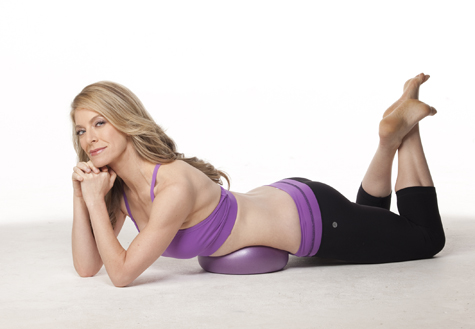
When I was an 18-year-old yogini, I was also an active bulimic. I was in college studying dance, training to be a shiatsu therapist (Japanese pressure point massage), making sandwiches and slicing salami at Jimmy John’s Deli, racing around Chicago learning yoga, and using…

Wednesday, September 12th, 2012
A few days ago, I noticed a Web article that claimed a good dose of stress and anxiety to be a healthy and even a necessary component of a healthy existence. Yes, we all experience some anxiety here and there. But…

Friday, September 7th, 2012
I found yoga 13 years ago on suggestion of a family physician who was tasked with helping me find a cure for a broken heart, a broken spirit and a broken body. We had long discussions about the human body with…

Wednesday, September 5th, 2012
For years I had issues with my right knee. I was told I needed surgery on more than one occasion in order to solve my problem, but I knew there was a better way. That’s when I discovered what I call…

Friday, August 31st, 2012
The gluteus medius typically gets overshadowed by its highly publicized big brother, the gluteus maximus. Fortunately, it just hired me as its PR agent. This muscle, along with the gluteus maximus, is responsible for stabilizing the hips during all activities involving the…

Wednesday, August 29th, 2012
You know that nagging feeling in your low back after a long day sitting at a desk? You can’t quite put your finger on whether the sensation is soreness, strain, or pain – but you know it doesn’t feel good, and…

Friday, August 24th, 2012
The Quadratus Lumborum, aka QL, is considered by some sources to be the deepest muscle of the low back, while other sources label it the deepest muscle of the abdomen. Whichever point of view you take, fatigue and soreness in this…

Wednesday, August 22nd, 2012
The quadratus lumborum, aka QL, is one of the deepest muscles of the posterior trunk, and forms part of the posterior abdominal wall. It attaches to the posterior iliac crest (the back of your pelvis) and inserts at lumbar vertebrae 1-4…

Friday, August 17th, 2012
If you’ve ever watched a concert pianist, it seems like their fingers float over the keys, gliding seamlessly from one note to the next. The ability to move the fingers with this fluidity requires simultaneously relaxing the hands while pressing the…

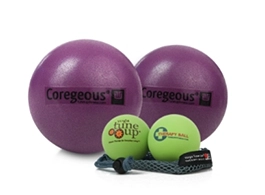
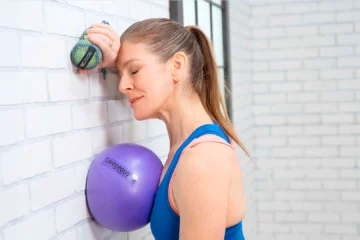
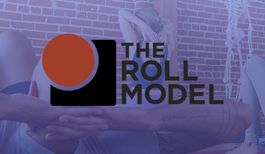



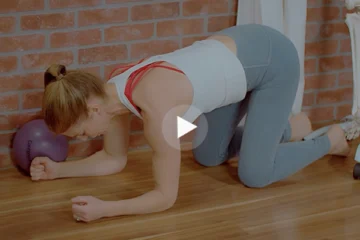
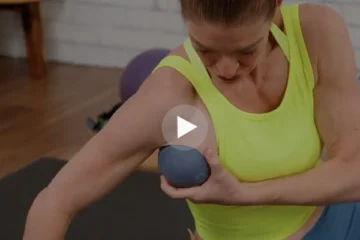


Friday, September 14th, 2012